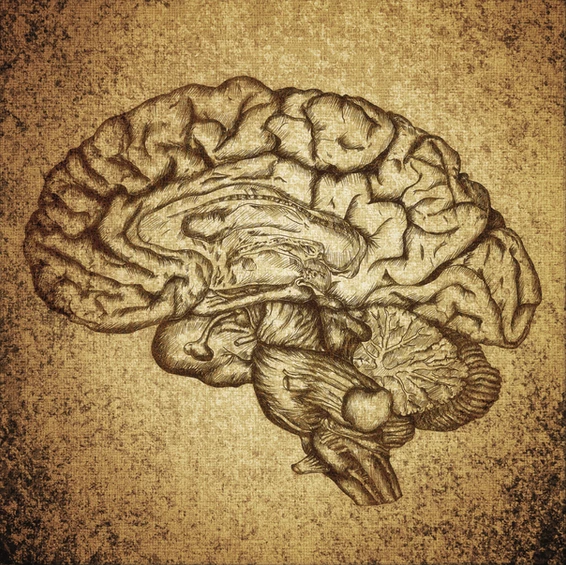
Five Tips for Dealing with Harassing Creditors
September 10, 2020
BANKRUPTCY IS DEBT CONSOLIDATION ON STEROIDS
October 10, 2020
It can be hard to think about what will happen when you die, but it’s important to have a plan in place for the inevitable. While death is a hard topic to plan for, it’s important to be clear about what you want to happen. One option that can help other’s lives even after you’re gone is donating your organs. However, if you are considering this option, it’s important to make sure that you communicate your wishes early and clearly.
It is illegal to buy or sell human body parts, so donating organs is a heavily regulated aspect of the healthcare industry. While the need for organs is exceptionally high worldwide, supply is often low for this reason. Thus, if you want to donate, there are important steps you must follow, or the decision to donate will not be enforceable.
Step 1: Make Sure You Can Donate
In today’s world, a single donor can potentially help up to 75 donorees. There are plenty of organs, tissues, and body parts that are able to be donated, including but not limited to:
- Kidneys
- Liver
- Heart
- Lungs
- Pancreas
- Bone
- Skin
- Tendons
- Corneas
- Bone Marrow
- Stem Cells
Additionally, it is possible to donate one’s entire body to science. However, if this is your wish, you must be clear that you do not want to donate organs, but the whole body, as most institutions require complete bodies for research.
If you wish to donate, it is important that you are evaluated by a healthcare provider to ensure that some or all of your organs are healthy enough for donation. This has to be done on a case-by-case basis, as individual health or genetic factors may influence the ability to donate certain organs.
In either instance, it’s important to be clear ahead of time, because organ transfers often have a certain window of time before they become unviable. That window is typically twenty four hours or less, so be clear in your wishes beforehand, or this option may not be available to you.
Step 2: Register as an Organ Donor
To be an organ donor, you must first register as one. This can be done a couple of ways.On the one hand, you can register online by visiting www.organdonor.org.
If you feel more comfortable discussing such things in person, you can also register at your local department of motor vehicles. If you choose this route, it is likely that your status as an organ donor will be stated on your driver’s license or state identification card.
Step 3: Make Your Estate Planning Documents Clear
One of the most important parts of planning for your death is creating estate planning documents. Documents like advance healthcare directives and a living will are key if you want to donate your organs. Your wishes should be clearly outlined in these documents, so that your friends and family know your exact wishes, as well as any information about donor registrations you have made.
Step 4: Communicate to you Friends and Family
If you wish to be an organ donor, it’s important that your friends and family know your wishes. These are the people who will likely be making sure your end-of-life decisions are respected, so it’s important that they know exactly what those wishes are. If there is a conflict between what they believe your wishes are and any end-of-life documents, most states give greater weight to the documents.
Additionally if you are working with a specific healthcare agency, you should speak to them ahead of time to make sure that there are no additional issues in donating. For people wishing to donate their entire bodies to science, it’s important to know which institution you want to work with ahead of time, as certain institutions may have specific requirements.
Step 5: Schedule an Appointment with Us
While it’s hard to think about life and death decisions, it’s not something easily put off. Call our office to set up a phone or virtual appointment, so we can help you plan your documents in a way that eases the burden on your family. Donating organs is a vital service that can be a great legacy, if the donation process runs smoothly. We can help make that happen.
Visit our website at www.ashcraftfirm.com, or call us at (951) 304-3431, so we can start the planning process today.

